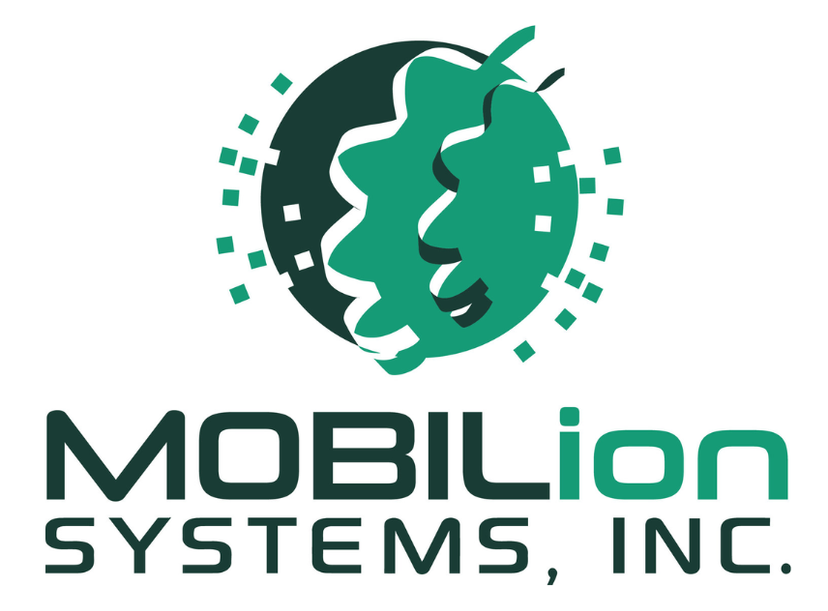MOBILion Systems presents plans for its next-generation proteomics platform at ASMS 2025
MOBILion Systems to highlight customer use cases from its MOBIE Platform
3 Jun 2025
MOBILion Systems will exhibit at the 73rd Annual American Society for Mass Spectrometry (ASMS) Conference in Baltimore, MD from June 1–5. It will highlight the transformative impact its MOBIE® High-Resolution Ion Mobility product is having across a wide range of applications and showcase early performance of its next-generation proteomics system, BILLIE™.
More than 50 abstracts including oral and poster presentations will demonstrate how independent researchers across pharmaceutical development, chiral molecule analysis, lipidomics and PFAS research are driving innovation with the MOBIE system. These real-world applications reflect growing market adoption and the expanding impact of MOBILion’s existing MOBIE product across critical and emerging workflows.
Alongside its commercial platform, MOBILion will present the latest data and collaborator results powered by its most recent advancement: Parallel Accumulation Mobility Aligned Fragmentation (PAMAF). This novel mode of operation is the foundation for the forthcoming BILLIE platform, enabling increased speed, sensitivity, and selectivity for LC-HRMS-based proteomics.
PAMAF is designed to address the long-standing limitations of traditional tandem quadrupole mass spectrometry by replacing the slow and lossy quadrupole isolation step with high-resolution ion mobility separation. This allows BILLIE to deliver MS/MS fragmentation at over 500 Hz and utilize nearly 100% of available ions, resulting in faster data acquisition, greater signal sensitivity, and improved quantitative accuracy in even the most challenging biological samples.
“ASMS is the ideal venue to highlight the exciting breakthroughs our users are achieving with the MOBIE system, and to share where we are heading with BILLIE,” said Dr. Melissa Sherman, CEO of MOBILion Systems.
Dr. Daniel DeBord, Chief Technology Officer at MOBILion, added, “For over two decades, scientists have worked to overcome the speed and sensitivity limitations of traditional MS workflows. PAMAF enables fragmentation data with dramatically higher signal-to-noise at speeds up to five times faster than conventional systems. We’re excited to showcase this next frontier in proteomics at ASMS.”
Want the latest science news straight to your inbox? Become a SelectScience member for free today>>
